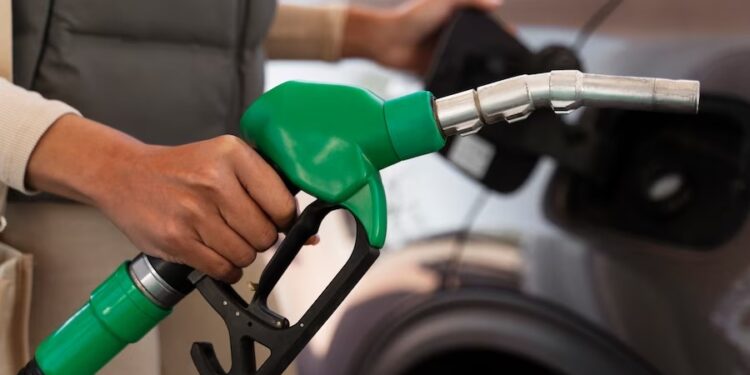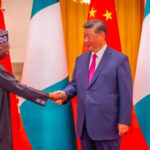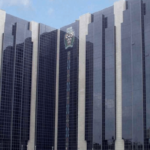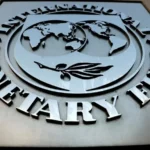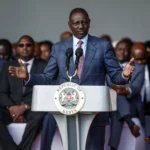The landing cost of Premium Motor Spirit (PMS) has decreased to ₦922.65 per litre, sparking a significant shift in Nigeria’s downstream oil market. This figure, a reduction of ₦32.35 from Dangote Refinery’s price of ₦955 per litre, has positioned imported petrol as a more attractive option for oil marketers.
According to industry stakeholders, this price drop reflects declining global crude oil prices, which recently fell by 8% to $78.17 per barrel.
This reduction, coupled with exchange rate stability and lower freight costs, has enabled marketers to secure better margins by prioritizing imports over local refinery products.
Within two days, oil marketers imported 76.84 million litres of petrol. Although the Nigerian Midstream and Downstream Petroleum Regulatory Authority (NMDPRA) had previously advocated for a 180-day suspension of fuel imports to promote Dangote Refinery’s output, the absence of a binding agreement has, however, allowed marketers to pursue cost-effective import options.
- Advertisement -
A major marketer remarked, “The lower cost of imported petrol is often an incentive, and you can’t blame marketers for opting to import.”
Despite this, the Dangote Refinery has justified its higher prices, attributing them to the rising cost of crude oil, the primary raw material for refining PMS. With a production capacity of 650,000 barrels per day, the refinery was initially celebrated for its competitive pricing. However, it now faces challenges in competing with imported products in Nigeria’s deregulated oil market.
Retail prices remain high nationwide, ranging between ₦950 and ₦1,150 per litre, raising questions about the impact of reduced landing costs on consumers. While depot prices in locations like Lagos, Port Harcourt, and Delta have dropped slightly, many Nigerians are yet to see substantial price relief at the pump.
The complexities of achieving self-sufficiency in Nigeria’s fuel supply chain persist, as market dynamics continue to favor imports despite efforts to boost local refining capacity.




